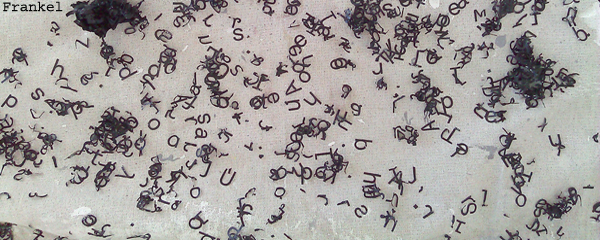SÉAMUS DUGGAN explores three short stories that ‘contain a true sense of the world’s absurdity: a drunkard Klansman planning to teach some bootleggers a lesson; a peasant putting life and limb at risk for a bitch that he had, just a few minutes earlier, tried to drown; a punch line turned back on the joker…’
SUSMITA BHATTACHARYA tells of the stories that remind her of home in Murzban F. Shroff’s collection Breathless in Bombay: ‘It breathes on my bookshelf, picked up by me time and again, flooding my home in England with the sights, smells and chaos of my homeland.’
JONATHAN PINNOCK explores the humour in Nick Parker’s The Exploding Boy and Other Tiny Tales: ‘…the humorous writer has a whole kit of additional tools to bring to bear on a subject. Even the serious ones. Especially the serious ones…’
‘It is not often that a modern writer achieves the dubious honour of having an adjective coined as a result of their work. But a word has been added to our lexicon in the case of J. G. Ballard…’ DREW WHITTET explores the development of Ballard’s science fiction short stories.
STEPHEN DEVEREUX sees the modern world reflected in Joseph Conrad’s tragic story of a shipwrecked migrant: A lesser writer might have been content with the telling of a story of how a poor uneducated girl overcomes the xenophobia of a rural community, but Conrad has only just begun.
JENNIE RYAN gives a taste of Ian McEwan’s short story ‘Butterflies’, from his collection First Love, Last Rites: ‘Ian McEwan powerfully evokes both the desolation of the urban landscape of London in the early 1970s and its equally emotionally desolate inhabitants.’
TESS ST.CLAIR-FORD finds the life of Carson McCullers reflected in her remarkable short stories: ‘It is the themes of “love and aloneness” that are the defining bedfellows of McCullers’ stories. Always present in McCullers’ work is an overwhelming sense of sadness, of place, of loss and of threads left untied…’
TIM LOVE explores the ground-breaking stories of Lydia Davis and finds that her writing defies easy categorisation: ‘Davis sometimes isolates a sentence or idea, removing it from its context, a concept that’s analogous to placing it on a plinth in the white-space of an art gallery.’
ALEX RUCZAJ explores the shapes and patterns of story writing: ‘In Kurt Vonnegut’s wonderful lecture on the shapes of stories, he draws curve after curve on his blackboard, showing the story arc – the ‘beautiful shapes’ that all traditional stories follow…’
K.S. DEARSLEY has a closer look at Samuel Beckett’s modernist short story ‘Ping’: ‘Prentice called ‘Echo’s Bones’ a ‘nightmare’ and when I first picked up ‘Ping’ I felt pretty much the same way. But the trick to appreciating this story is a simple one…’









